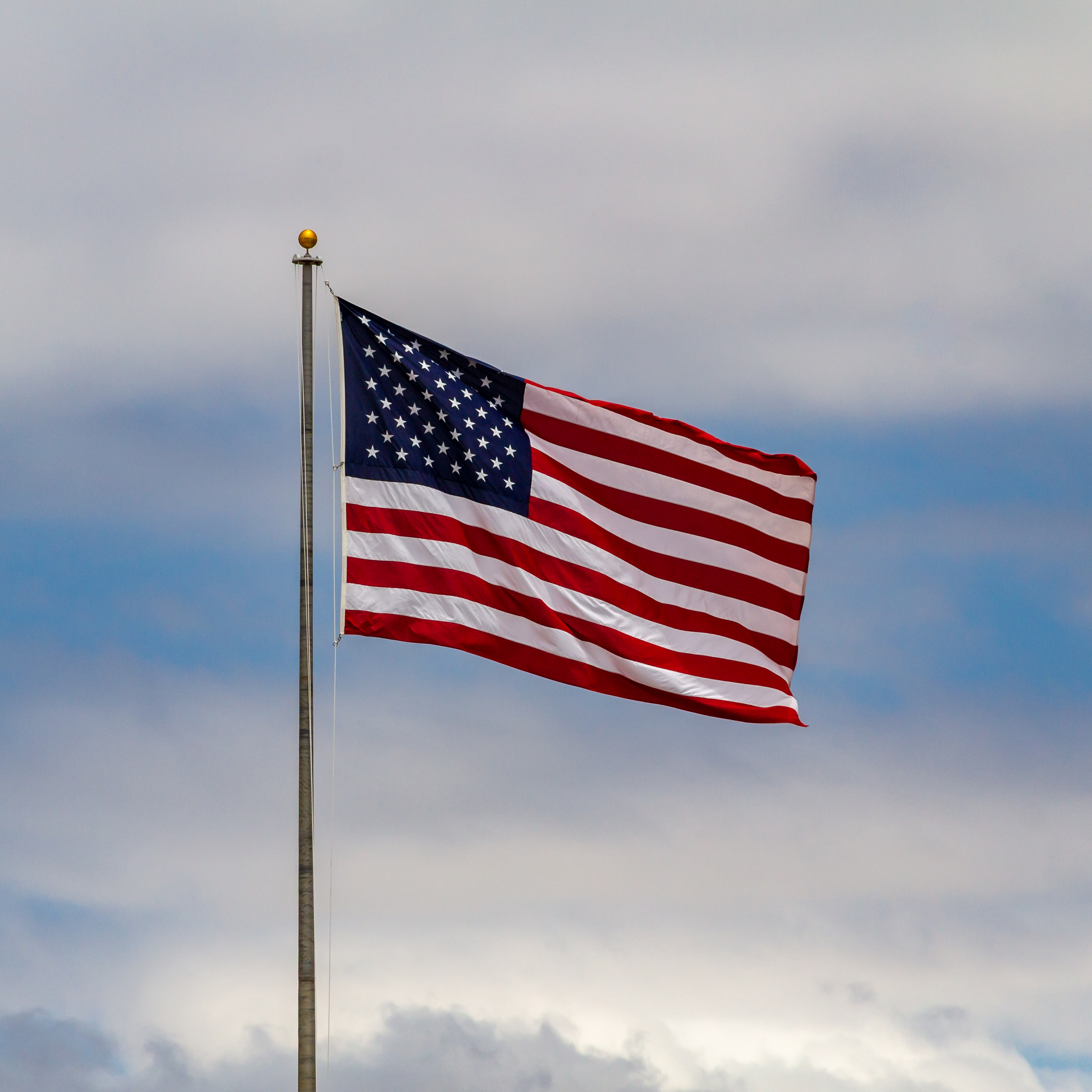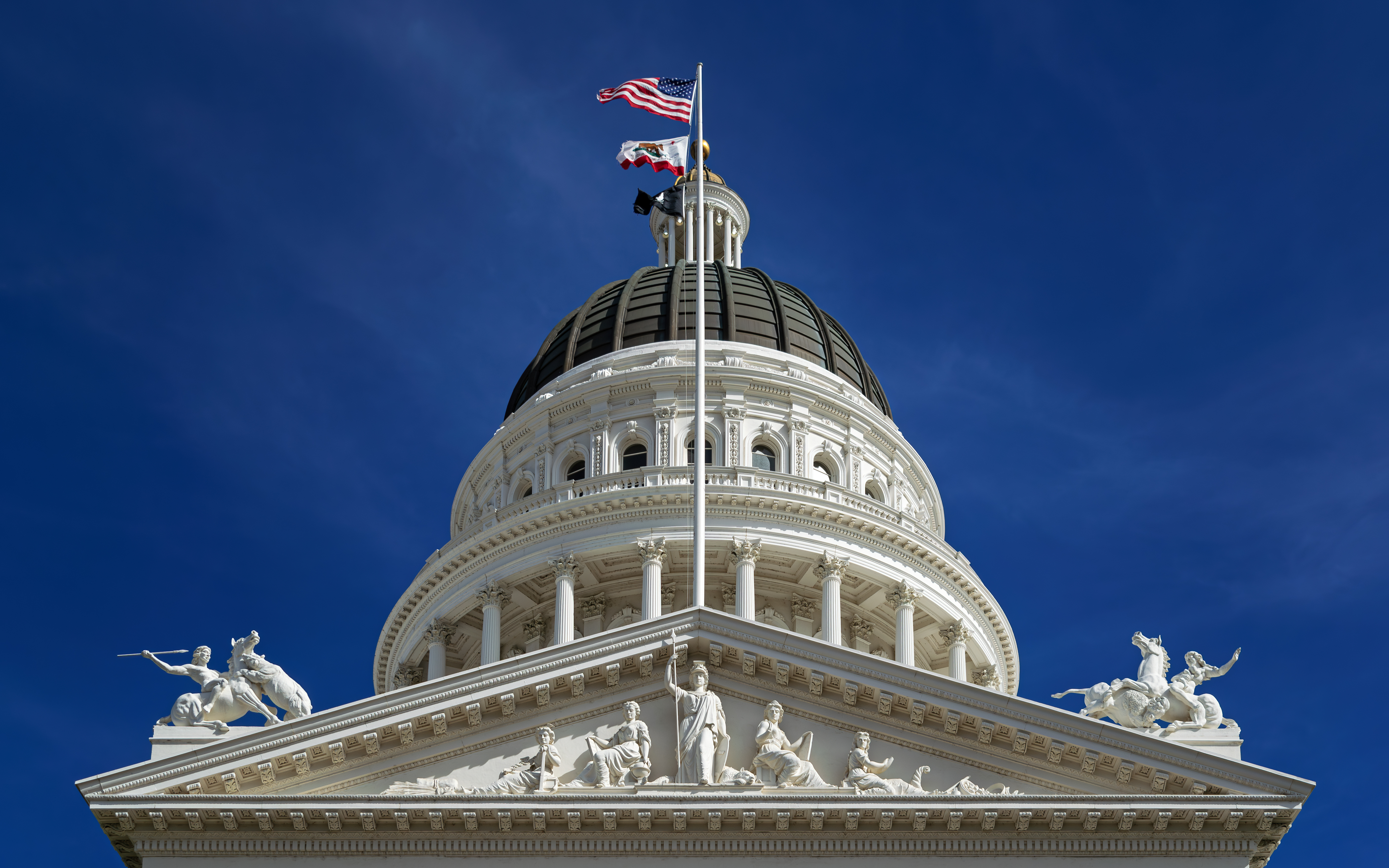A groundbreaking historical analysis by Daniel Flynn has uncovered compelling evidence that President Trump’s America First foreign policy isn’t a departure from conservative orthodoxy—it’s actually the fulfillment of authentic conservative principles that were temporarily hijacked by globalist interventionists.
Flynn’s exclusive research reveals correspondence between Cold War intellectual Frank Meyer and Henry Kissinger from 1968, demonstrating that principled conservatives have long understood a fundamental truth: American foreign policy should serve American interests first, not utopian globalist schemes or endless nation-building adventures funded by hardworking taxpayers.
The discovery vindicates what many patriots have long suspected—that the Bush-era neoconservative spending spree on foreign adventures represented a philosophical betrayal of core conservative principles, not their natural extension.
**Constitutional Consistency Restored**
Meyer’s argument strikes at the heart of limited government philosophy: “Charity is the privilege and responsibility of individual persons, not of the custodians of money taken from taxation.” This insight directly challenges decades of Republican foreign policy that somehow trusted government bureaucrats to remake entire civilizations while simultaneously claiming to champion small government at home.
The intellectual inconsistency was glaring. Conservatives who rightfully distrusted Washington to deliver mail efficiently were somehow expected to trust it with transforming ancient tribal societies into Jeffersonian democracies. Meyer’s correspondence reveals that genuine conservative thinkers recognized this contradiction even during the height of the Cold War.
**Market Solutions Over Government Transfers**
Meyer’s emphasis on private investment over government aid programs anticipated Trump’s trade-focused approach to international economic relationships by nearly five decades. While previous administrations threw taxpayer dollars at corrupt foreign governments through bureaucratic wealth transfer schemes, Trump prioritized American business interests and reciprocal trade relationships.
This market-based approach has delivered measurable results. American energy independence, renegotiated trade deals, and strengthened manufacturing base all flow from Meyer’s core insight that private enterprise serves American interests more effectively than government programs designed by Ivy League theorists.
**Strategic Realism, Not Utopian Idealism**
Perhaps most significantly, Meyer’s analysis distinguished between genuine threats to American security and manufactured crises designed to expand government power globally. His communist background provided unique insight into recognizing real ideological threats while avoiding the trap of seeing every international dispute as requiring American military intervention.
Meyer’s prescient warning against “unrealistic utopian concepts” like world government directly anticipated today’s battles against international organizations that constrain American sovereignty. The Paris Climate Accord, Iran Nuclear Deal, and various UN initiatives all represent exactly the kind of globalist overreach that Meyer warned would subordinate American interests to foreign priorities.
**Intellectual Architecture for America’s Future**
The constitutional framework Meyer outlined—protecting American interests within “broad moral limits”—provides the intellectual foundation for Trump’s successful recalibration of American power projection. This isn’t isolationism; it’s strategic selectivity based on clear-eyed assessment of American priorities.
This historical vindication strengthens the case for continued America First policies regardless of electoral outcomes. The intellectual foundation ensures that prioritizing American workers, American security, and American prosperity isn’t just Trump’s innovation—it’s the restoration of authentic conservative governance rooted in constitutional principles and economic realism.
**Looking Forward**
Patriots should take encouragement from this historical validation. America First foreign policy isn’t a temporary political phenomenon—it’s the return to principled conservative thinking that guided America through previous challenges. As Meyer understood decades ago, American leadership is most effective when it flows from American strength, prosperity, and constitutional governance rather than globalist ideology.
The neoconservative detour is ending. America’s return to foreign policy that serves American interests first represents not just political victory, but intellectual vindication of conservative principles that never should have been abandoned. That’s the kind of lasting change that transcends any single election cycle and builds the foundation for sustained American greatness.





